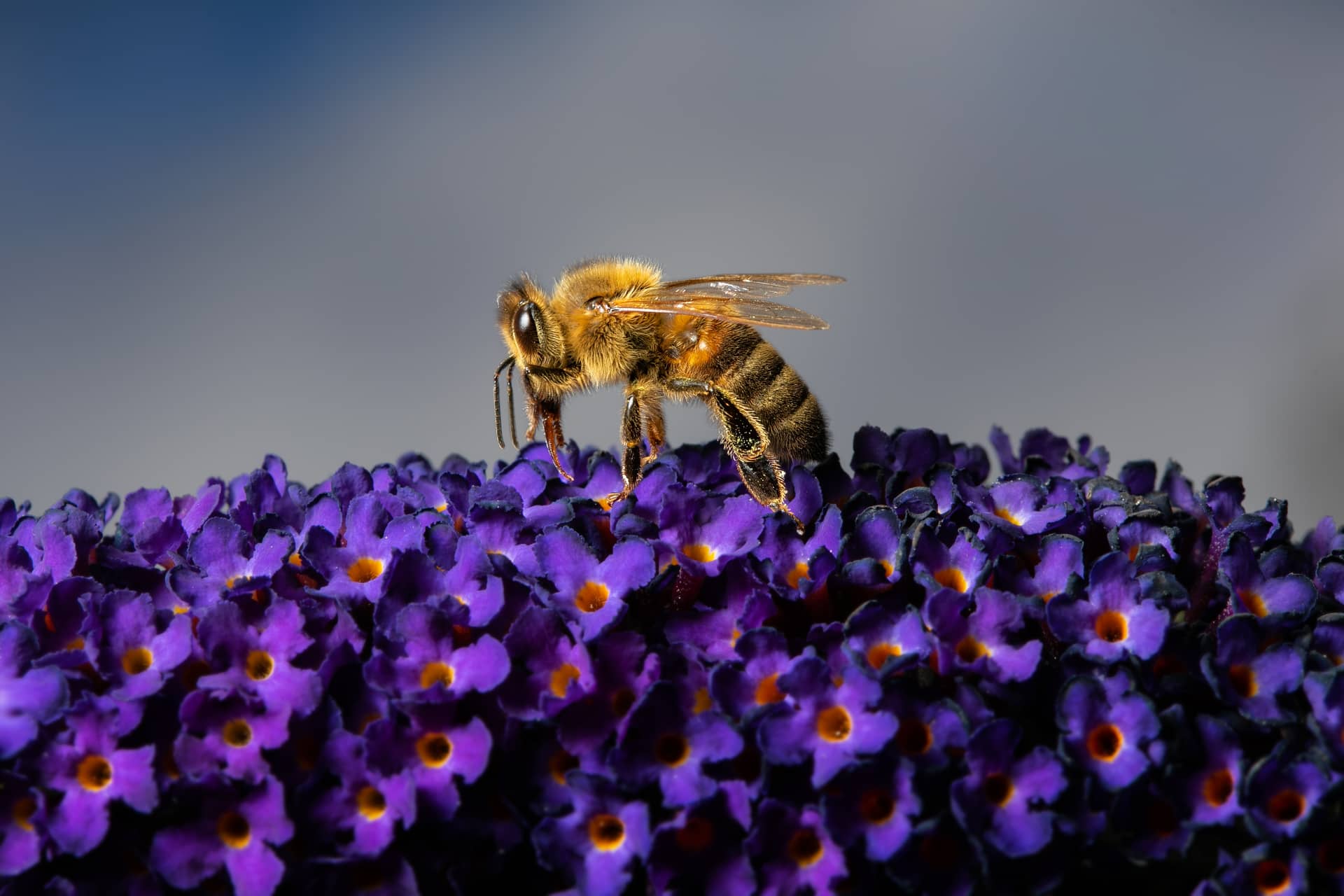Hampshire and Isle of Wight Wildlife Trust is alarmed by the government’s decision to allow the use of a banned, bee-killing pesticide for the third year running.
The announcement yesterday (Monday), which allows sugar beet farmers to use the neonicotinoid thiamethoxam in 2023, comes just a month after the UK government advocated for a global pesticide reduction target at the UN COP15 biodiversity talks.
Gov’s scientific advisors explicitly warned against approving it
This ‘emergency’ authorisation also defies the government’s own scientific advisors who explicitly warned against the pesticide’s approval due to its potential impacts on wildlife.
In contrast to this decision, last week the EU’s highest court ruled that EU countries should no longer be allowed temporary exemptions for banned, bee-toxic neonicotinoid pesticides
Banned EU-wide in 2018
The deadly thiamethoxam was banned EU-wide in 2018 because of the widespread harm it causes to wildlife; killing bees and other pollinators and polluting rivers.
Generally, just one teaspoon of neonicotinoids is enough to kill 1.25 billion honeybees, while a recent study showed a single exposure to a neonicotinoid had significant impacts on bees’ ability to produce offspring.
Somers: We must not forget this is a deadly chemical
Sienna Somers, Policy and Advocacy Manager at Hampshire and Isle of Wight Wildlife Trust, says:
“This disappointing decision by the UK government comes just days after the EU’s highest court banned any temporary use of neonicotinoids – these are not the Brexit freedoms that our country wants.
“We’re putting ourselves and our pollinators at risk by allowing these dangerous, polluting pesticides.
“We must not forget this is a deadly chemical, and even in tiny quantities it kills bees and leeches into our waterways.
“This is the third consecutive year the government has gone directly against its own scientific advisors, which represents another blow for wildlife at a time when we need to be doing everything in our power to put nature back into recovery.”
Concerns it could become a common, if not annual, occurrence
This latest announcement raises real concerns that the emergency authorisation granted by the government for the use of thiamethoxam could become a common, if not annual, occurrence and Hampshire and the Isle of Wight could see the return of routine application of neonicotinoid pesticides.
Learn more about Hampshire and Isle of Wight Wildlife Trust’s efforts to boost the recovery of nature by visiting the Website.
News shared by Jake on behalf of Hampshire and Isle of Wight Wildlife Trust. Ed
Image: © Jon Hawkins – Surrey Hills Photography





